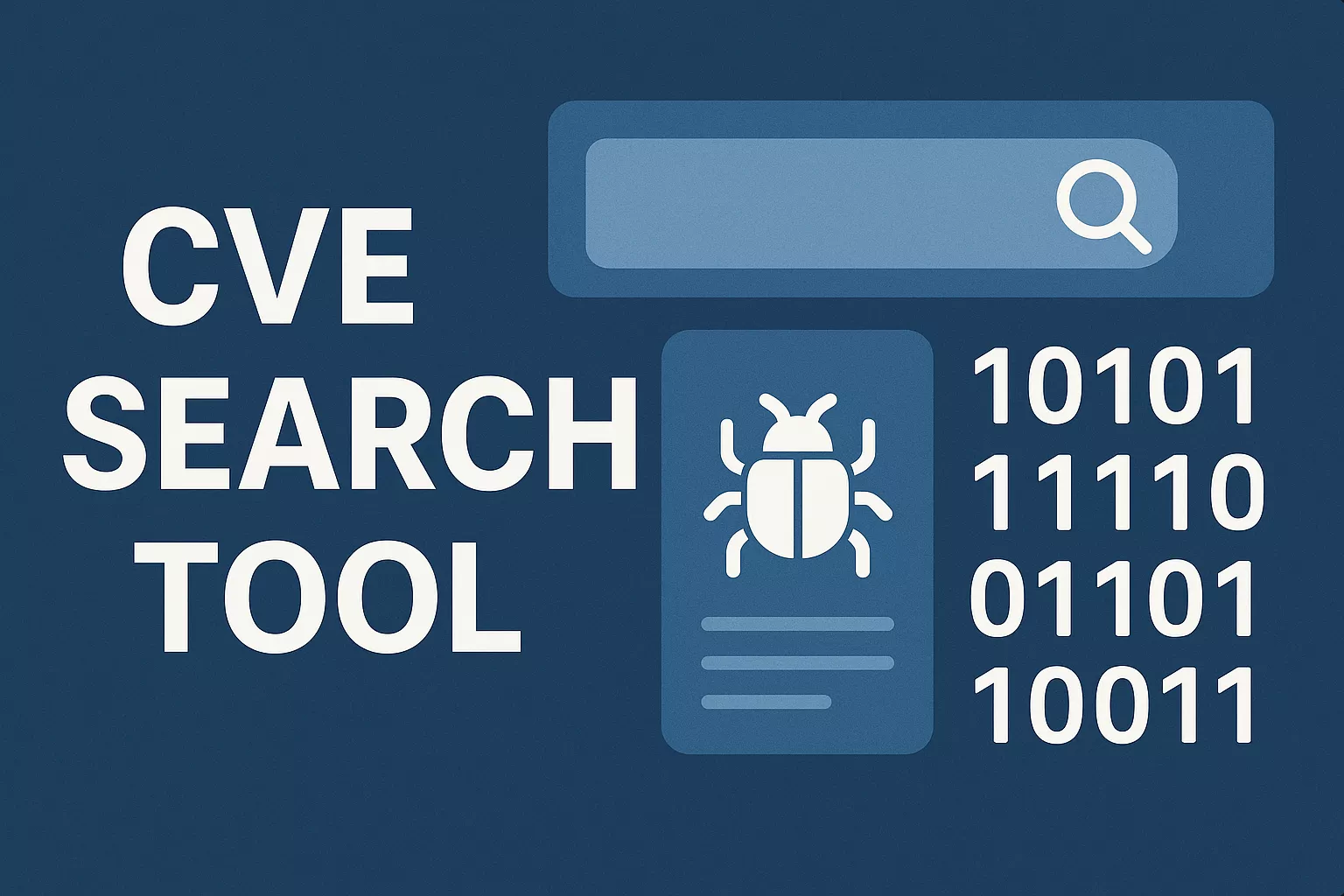Introducing My CVE Search Tool
Python CVE Search Tool
As a cybersecurity enthusiast, I’m always looking for ways to streamline vulnerability management. That’s why I built the CVE Search Tool, an open-source project now available on GitHub. This post dives into why I created it, what it does, and how you can start using it to enhance your security workflows.
What is the CVE Search Tool?
The CVE Search Tool is a Python-based utility that lets you query and manage Common Vulnerabilities and Exposures (CVE) data locally. Instead of relying on repeated internet queries to public CVE databases, it stores data local for fast, private lookups. Whether you’re searching by CVE ID, vendor, or product, it’s designed to make vulnerability research efficient and secure.
Why I Built It
With thousands of vulnerabilities reported each year, keeping track of them is a challenge for security professionals. Public CVE databases are great, but they can be slow and are often limited. My goals were to:
- Speed up searches with a local database.
- Protect sensitive queries by keeping them offline.
- Share a flexible, open-source tool with the community.
Key Features
The CVE Search Tool is designed for simplicity. Here’s what it brings to the table:
- Local Database: Stores CVE and CPE (Common Platform Enumeration) data localy.
- Versatile Queries: Search by vendor, product, or productversions.
- Automatic Updates: Pulls the latest CVE data from sources like NVD.
- Open Source: MIT-licensed, inviting contributions from anyone.
Getting Started
Ready to try it? Head to the GitHub repository for full setup details.
Who Can Benefit?
This tool is a game-changer for:
- Security analysts checking vulnerabilities in their software stack.
- Researchers studying vulnerability trends for specific vendors.
Wrapping Up
Building the CVE Search Tool has been a rewarding mix of coding and cybersecurity. I hope it helps you manage vulnerabilities more effectively and inspires you to dive deeper into vulnerability research. Check out the project on GitHub, give it a star if you like it, and let me know your thoughts!
Stay secure,
Kevin
